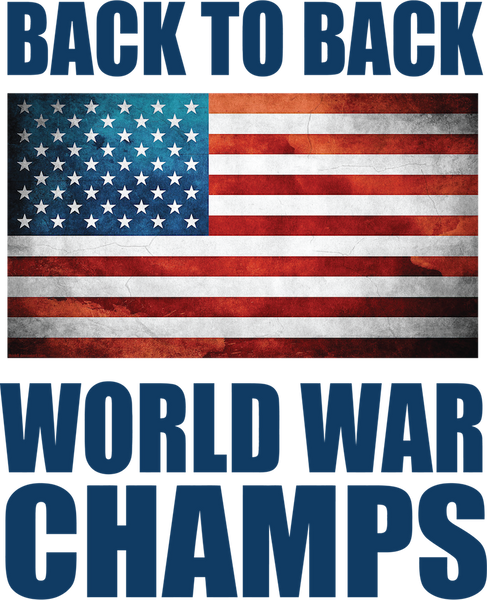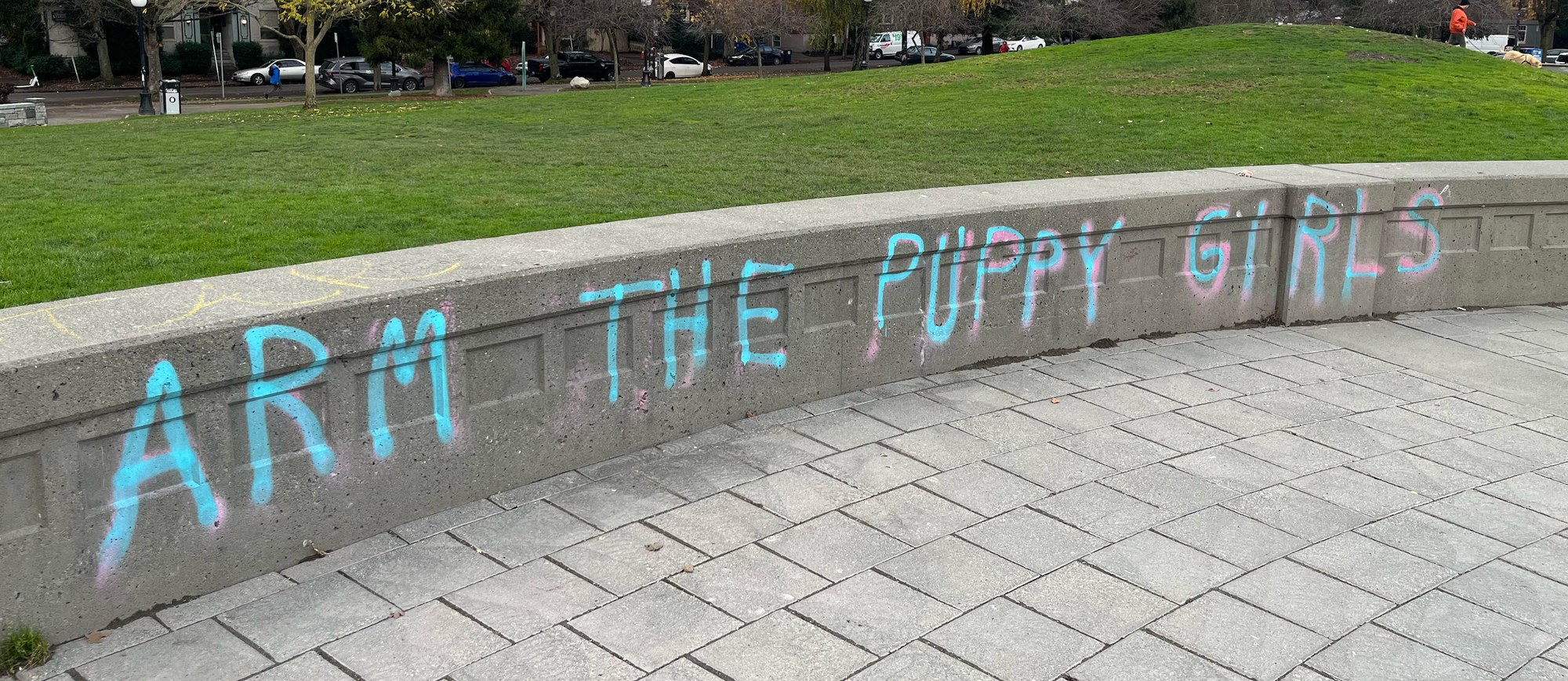Sunday, May 18, 2025

Tariffs, mainly.
If you'd like to get these posts via email, you can join the international readership and subscribe here.
UPDATE: I have been informed that I am a week early, but nevertheless: Happy Memorial Day.
Tariff Pause
A week ago, Trump announced a "total reset" of tariffs with China: US tariffs on Chinese goods are reduced from 145% to 30%, and Chinese tariffs on US goods are reduced from 125% to 10%. Some non-tariff trade measures have also been paused. The plan is for the reductions to remain in place for 90 days while the two countries seek to negotiate a more permanent trade agreement. The news boosted global stock markets, and both sides seem to be claiming victory.
Welcoming the news of the tariff rollback, the editorial board of the Wall Street Journal--a right-leaning newspaper ultimately managed by the Murdoch family, which also runs Fox News's corporate parent--uses it as an the opportunity to call the entire Trump tariff fiasco a bad idea that has been executed badly:
Rarely has an economic policy been repudiated as soundly, and as quickly, as President Trump’s Liberation Day tariffs—and by Mr. Trump’s own hand. Witness the agreement Monday morning to scale back his punitive tariffs on China—his second major retreat in less than a week. This is a win for economic reality, and for American prosperity.
Make that a partial win for reality. . . .
* * *
As with last week’s modest British agreement, the China deal is more surrender than Trump victory. Apart from the tariff rollback, neither side announced any broader concessions on the substantive trade issues that weigh on the U.S.-China relationship. Those include China’s barriers to American firms, especially in services such as digital and financial, and its chronic intellectual-property theft.
. . . One tragedy of Mr. Trump’s shoot-America-in-the-foot-first approach is that he’s hurt his chances of rallying a united front of countries against Beijing’s mercantilism. By targeting allies with tariffs, Mr. Trump has eroded trust in America’s economic and political reliability.
Beijing now also has the benefit of concrete experience to reassure the Communist Party that Washington would struggle to impose economic sanctions in a crisis such as a Chinese blockade or invasion of Taiwan. . . .
* * *
. . . [S]o far there’s scant sign of the substantial trade deals that Mr. Trump promises.
So after weeks of market turmoil, the economy is left with higher trade costs and greater uncertainty for business, but at least a step back from Smoot-Hawley 2.0. Investors, businesses and households probably would welcome this outcome, which is considerably better than Mr. Trump’s initial plan.
But a 10% across-the-board tariff is still four times the average U.S. tariff rate before Mr. Trump took office. It keeps the door open to the economically and politically destructive special pleading for tariff breaks for well-connected industries and companies at the expense of everyone else. U.S. companies protected by high tariffs will gradually lose their competitiveness against the rest of the world.
If there’s a silver lining to this turmoil, it is that markets have forced Mr. Trump to back down from his fever dream that high tariff walls will usher in a new “golden age.” The age didn’t last two months, and it was more leaden than golden. White House aide Peter Navarro, the main architect with Mr. Trump of the Liberation Day fiasco, has been repudiated.
Mr. Trump will not want to admit it, but he started a trade war with Adam Smith and lost.
Nobel-winning economist Paul Krugman says the tariffs were a bad idea, concludes the "reset" represents a self-inflicted loss for Trump, and warns this isn't the end of the harm:
1. A 30 percent tariff is still really, really high, especially combined with the 10 percent tariff we’re imposing on everyone else. . . . Before all this drama that would have been seen as wildly protectionist.
2. This wasn’t a case of both sides backing down. China only imposed its tariffs as a response to Trump’s gambit, and has reduced them only because he retreated. And retreat he did. This was basically Trump running away from the killer rabbit.
3. The prohibitive tariff has been paused, not canceled. Nobody knows what will happen in 90 days. I’ve long argued that the uncertainty created by Trump’s arbitrary, ever-changing tariffs is at least as important as the level of those tariffs. Well, the uncertainty level has arguably gone up rather than down.
4. This retreat probably hasn’t come soon enough to avoid high prices and empty shelves. Even if shipments from Shanghai to Los Angeles — which had come to a virtual halt — were to resume tomorrow, stuff wouldn’t arrive in time to avoid exhaustion of current inventories.
I guess it’s good news that Trump slammed on the brakes before driving completely off the cliff. But if you think that rationality has returned to the policy process, that the days of government by ignorant whim are now behind us, you’ll be sorely disappointed.
Krugman wrote again later in the week to emphasize that this tariff "reset" really shouldn't be considered the end of the trade war and the harms it threatens:
The reality is that we’ve gone from a completely insane tariff rate on imports from China to a rate that’s merely crazy. And China accounts for only a fraction of our imports. Tariffs on everyone else are still at 10 percent, a level we haven’t seen in generations. And there are still other shoes to drop: Trump has, for example, been promising tariffs on pharmaceuticals.
The trade war is still very much on. Anyone who reports otherwise (a) hasn’t done their homework (b) is misleading the public. And while the stock market has to some extent bought into unwarranted optimism, markets with fewer naive investors like oil and bonds don’t seem fooled.
* * *
[We should] expect Trump’s tariffs after last weekend’s retreat on China to cut overall U.S. trade by roughly 50 percent. Trade with China, which would have been virtually eliminated with a 145 percent tariff rate, would fall by “only” around 65 percent with a 30 percent tariff.
Does cutting U.S. trade with the world in general by half and reducing trade with China by two thirds sound to you like Trump calling off his trade war? It sounds to me like a massive disruption of the world economy, only slightly less disruptive than what we were looking at last week.
* * *
In other words, not much has changed since last week. We may not be looking at the complete economic meltdown that seemed quite possible (and is still a possibility), but we’re still looking at much higher inflation and an economic slowdown at best — i.e., stagflation.
After noting that "[t]ariffs are sales taxes levied on American households . . . that fall much more heavily on lower-income Americans than on the affluent," Krugman ends by raising a question I've had throughout the tariff debacle:
The interesting question, as I see it, is why so many pundits and reporters — and, it seems, small stock investors — have been sounding the all clear on Trump’s tariffs, when the reality is that all we’ve seen is a modest retreat from complete, destructive insanity to seriously harmful madness.
It’s hard to avoid the sense that what we’re seeing on tariffs is another version of the sanewashing that Trump has benefited from ever since he entered politics. People just keep wanting to believe that he’s making sense, that he isn’t as ignorant and irresponsible as he seems. But he is.
On top of the direct economic harm from Trump's tariffs, Trump's trade war has China bolstering its relationships around the world and assuming a leadership role.
All this idiocy, and it's not even clear that any of these tariffs are legal: It's not clear that Congress can delegate its tariff-setting authority to the President, and, even if Congress can, there's serious doubt that Trump's tariffs comply with the relevant statute. These issue are the subject of ongoing lawsuits.
Miscellanea
Newsletter favorite Gabby weighs in on tariffs.
Fascinating thoughts on male social isolation from a trans man.
The new pope's brother is a vocal MAGA-pilled Trump supporter.
Wikipedia has a list of sexually active popes.
RFK Jr. celebrated Mothers' Day by taking shirtless selfies and swimming in an E. coli-ridden, sewage-contaminated creek where swimming, notably, has been banned by the National Park Service, on account of all the poop in the water.

Member discussion